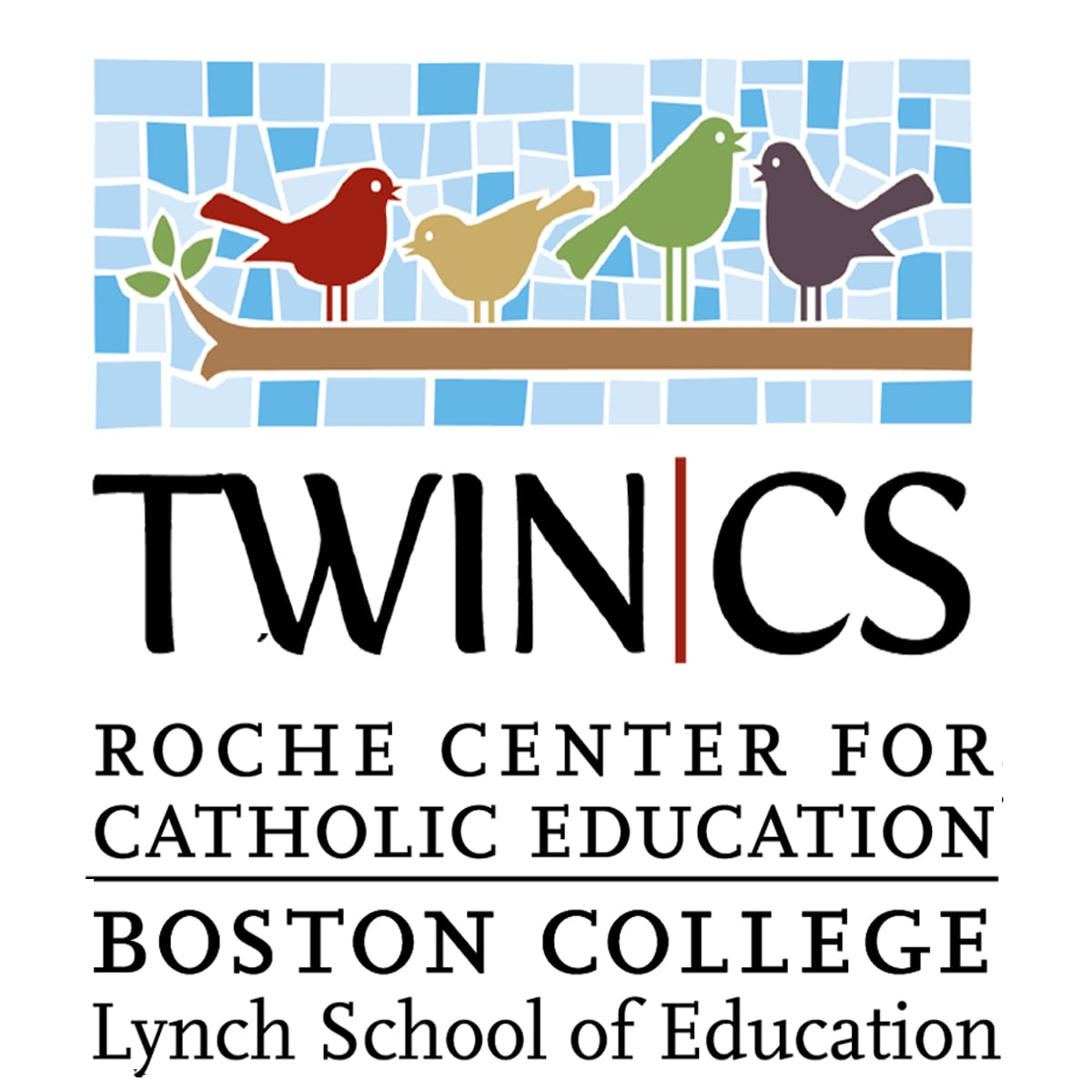A recent research publication authored by Deborah K. Palmer, Claudia Cervantes-Soon, Lisa Dorner, and Daniel Heiman purports that two-way dual language (TWDL) bilingual education programs while sharing three common core goals are inadvertently ignoring a fourth, crucial goal: critical consciousness.
According to the abstract, the publication suggests that TWDL programs fixate on academic achievement, bilingualism and biliteracy, and sociocultural competence but often fail to recognize a fourth core goal that is crucial to the development of a dual language program. Though TWDL programs strive to integrate diverse student populations in terms of culture, language, and racial backgrounds, “equity is unfortunately still a challenge in TWDL classrooms and schools.”
The researchers suggest that promoting an atmosphere of critical consciousness among our teachers, parents, and children, actively recognizing “structural oppression that surrounds us and a readiness to take action to correct it,” will promote equity and social justice in our classrooms and schools.
There are four aspects to critical consciousness: interrogating power, critical listening, historicizing schools, and embracing discomfort. These elements, in turn, “impacts and radicalizes the other three core goals,” and supports “the development of more successful, equitable, and socially just TWDL schools.”
If you would like to read about integrating critical consciousness in your school’s two-way immersion program, please read the full article here.
-Melissa Hoppie, Graduate Research Assistant

